The tale coronavirus that causes COVID-19 may spread across about a large portion of the surfaces of an emergency clinic ward from a solitary spot in a segregated room in only 10 hours, as per a recreation study. The examination, distributed as a letter in the Journal of Hospital Infection, expected to securely reenact how SARS-CoV-2, the infection that causes COVID-19 may spread across surfaces in a medical clinic.
The scientists from University College Hospital (UCL) and Great Ormond Street Hospital (GOSH) in the UK noticed that infection DNA left on a medical clinic bed rail was found in about portion of all locales tested over a ward inside 10 hours, and endured for in any event five days.
Rather than utilizing the SARS-CoV-2 infection, the scientists falsely imitated an area of DNA from a plant-contaminating infection, which can't taint people.
They added the infection to a milliliter of water at a comparable focus to SARS-CoV-2 duplicates found in contaminated patients' respiratory examples.
Scientists set the water containing this DNA on the handrail of a medical clinic bed in a segregation room - implied for higher-chance or tainted patients - and afterward inspected 44 locales over an emergency clinic ward over the accompanying five days.
They found that following 10 hours, the proxy hereditary material had spread to 41 percent of locales inspected over the clinic ward, from bed rails to entryway handles to armrests in a sitting area to youngsters' toys and books in a play region.
This expanded to 59 percent of destinations following three days, tumbling to 41 percent on the fifth day, as indicated by the specialists.
"Our investigation shows the significant job that surfaces play in the transmission of an infection and that it is so basic to cling to great hand cleanliness and cleaning,' said Lena Ciric from UCL.
"Our proxy was immunized once to a solitary site and was spread through the contacting of surfaces by staff, patients, and guests.
An individual with SARS-CoV-2, however, will shed the infection on more than one site, through hacking, sniffling, and contacting surfaces," Ciric said.
The most elevated extent of destinations that tried positive for the substitute originated from the quick bedspace zone - incorporating a close by stay with a few different beds - and clinical zones, for example, treatment rooms, the analysts said.
On day three, 86 percent of examined locales in clinical territories tried positive, while on day four, 60 percent of inspected destinations in the prompt space territory tried positive, they said.
"Individuals can get contaminated with Covid-19 through respiratory beads delivered during hacking or wheezing," said study co-creator Elaine Cloutman-Green from UCL.
"Similarly, if these beads land on a surface, an individual may get tainted in the wake of coming into contact with the surface and afterward contacting their eyes, nose or mouth," Cloutman-Green said.
Like SARS-CoV-2, the substitute the scientists utilized could be evacuated with a disinfectant wipe or by washing hands with cleanser and water.
"This examination is a noteworthy update that social insurance laborers and all guests to a clinical setting can help stop its spread through exacting hand cleanliness, cleaning of surfaces, and appropriate utilization of individual defensive gear (PPE)," said Cloutman-Green.
SARS-CoV-2 will probably be spread inside the natural liquid, for example, hack beads, though the investigation utilized infection DNA in water.
Progressively clingy liquid, for example, bodily fluid would probably spread all the more effectively, the analysts said.
One admonition to the examination is that, while it shows how rapidly an infection can spread whenever left on a surface, it can't decide how likely it is that an individual would be contaminated, they said.
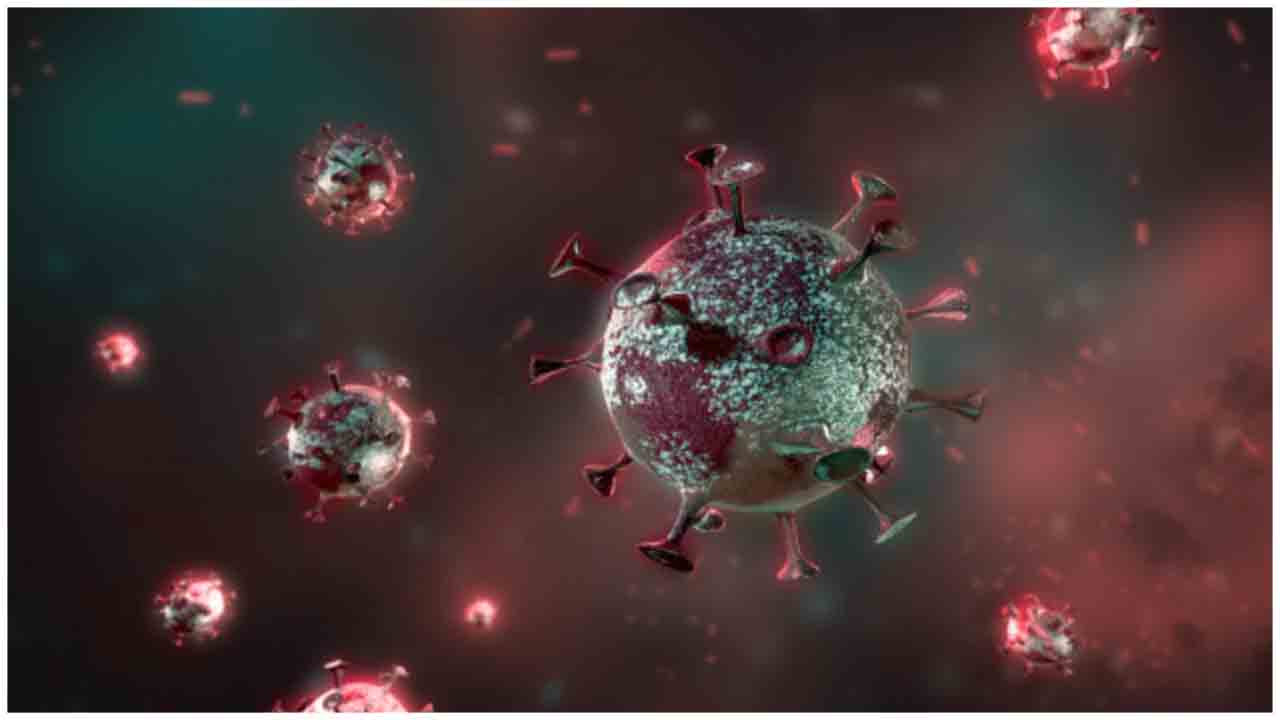
 The study, published as a letter in the Journal of Hospital Infection, aimed to safely simulate how SARS-CoV-2
The study, published as a letter in the Journal of Hospital Infection, aimed to safely simulate how SARS-CoV-2




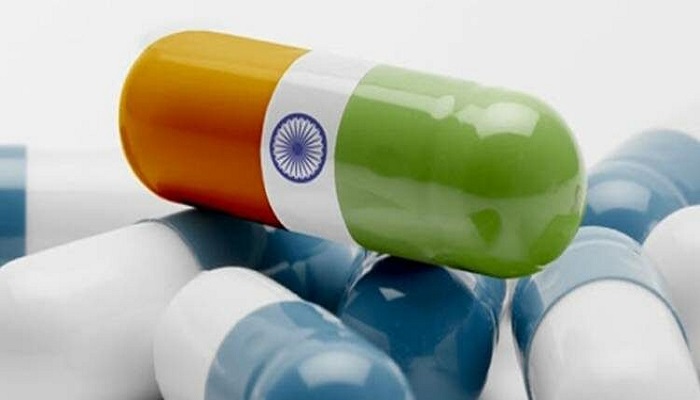
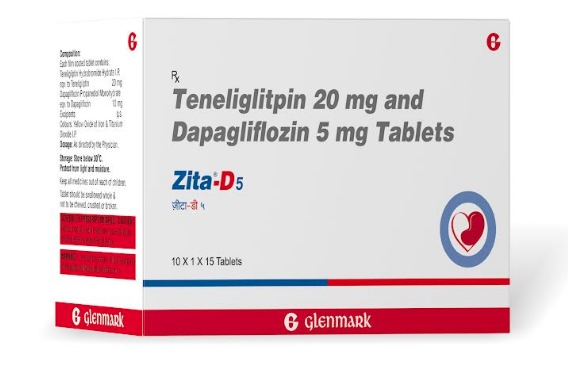
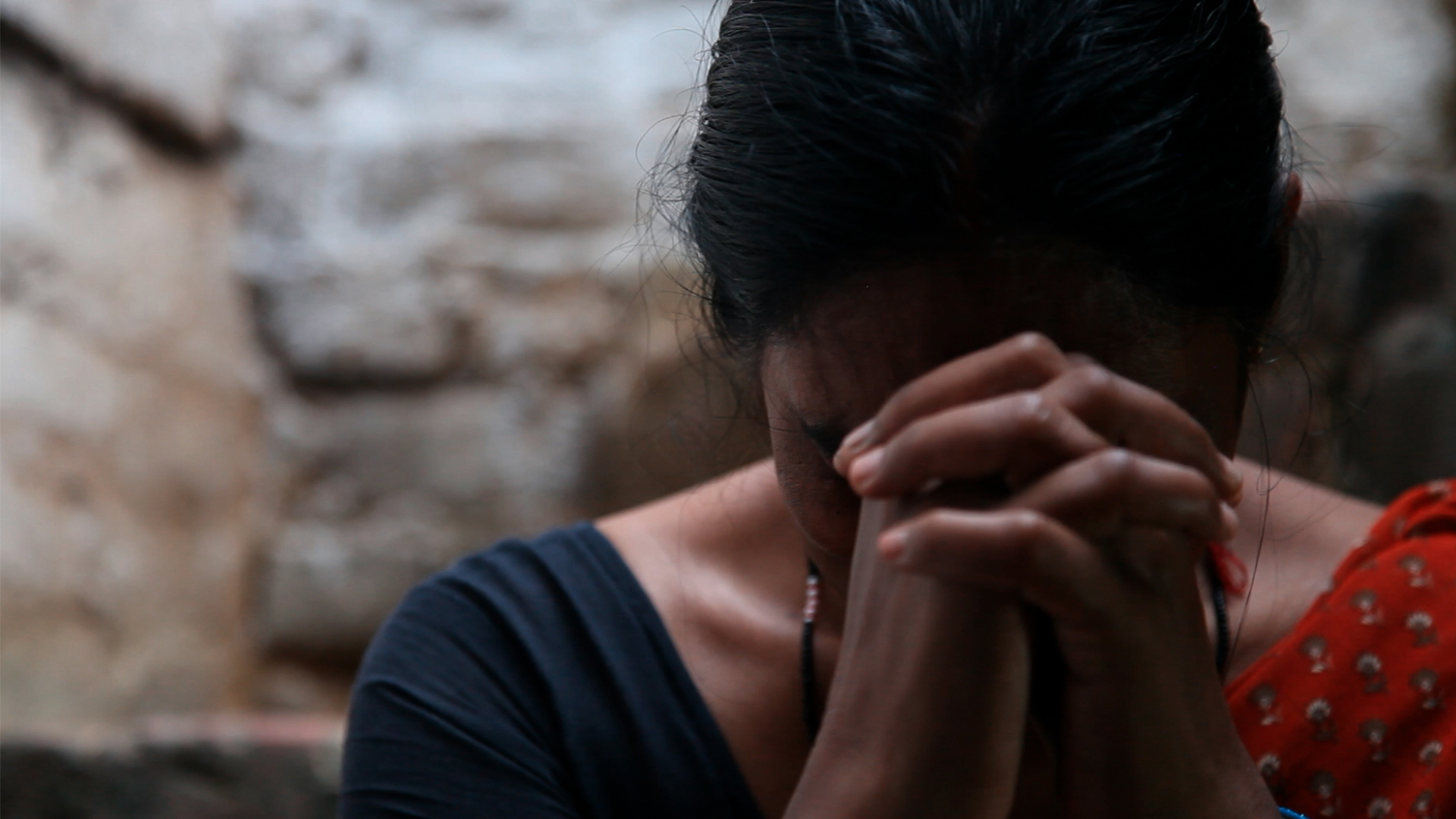


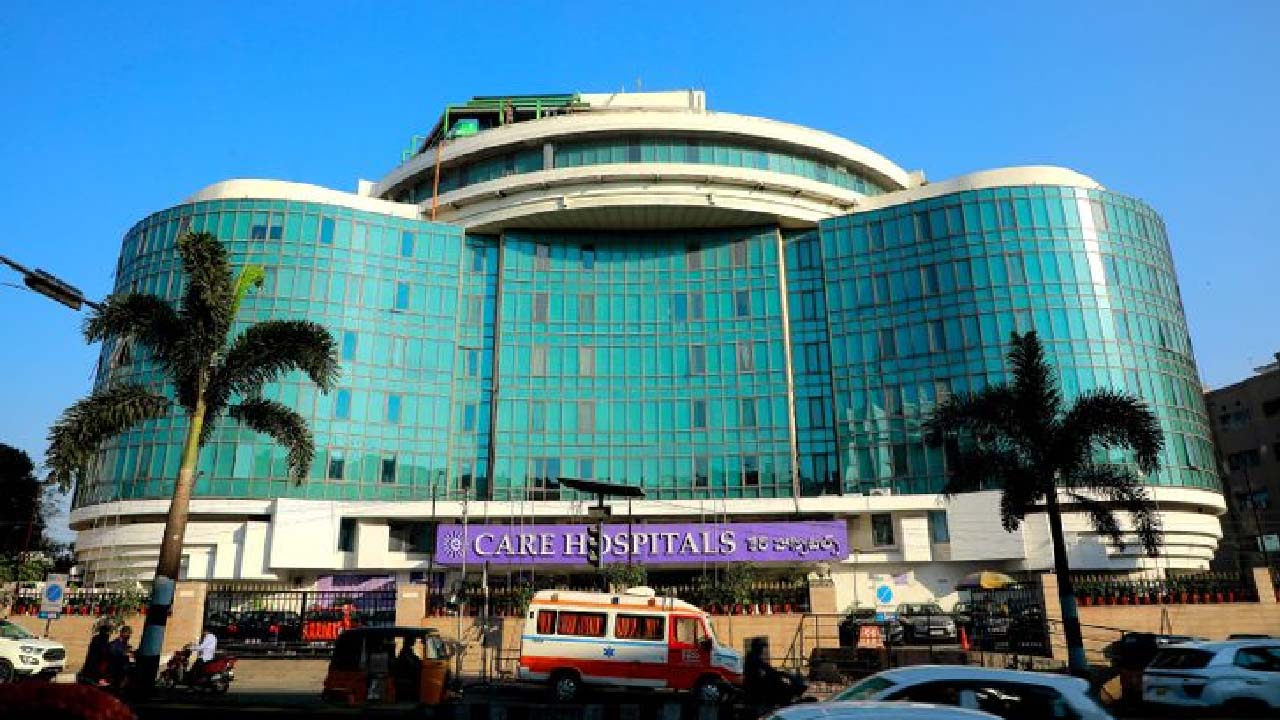


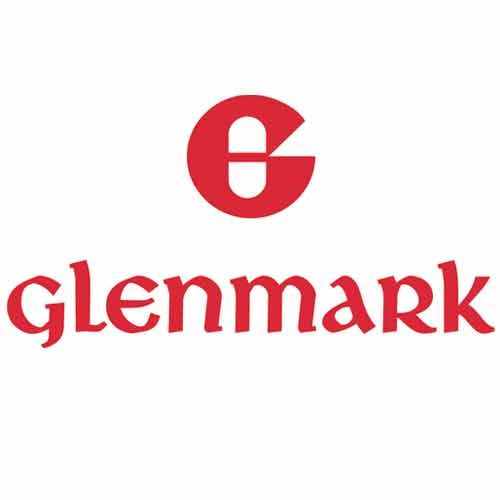






.jpeg)









.jpg)




.jpg)




